October’s Health and Wellbeing focus is Cancer.
Cancer is caused by damage to our DNA, the chemical instructions that tell our cells what to do. Our DNA can be damaged by the things we come into contact with such as UV rays, or through our lifestyle choices, such as the cancer-causing chemicals in tobacco. Damage can also be caused by gene faults that can be inherited.
This damage can build up over time and if a cell develops too much damage to its DNA, it can start to grow and multiply out of control – this is how cancer starts. Every year, more than 350,000 people are diagnosed with cancer. In the UK, more than 1 in 2 people will develop cancer at some point in their lives. But… experts estimate that only about 2 or 3 in every 100 cancer cases are linked to inherited gene faults.
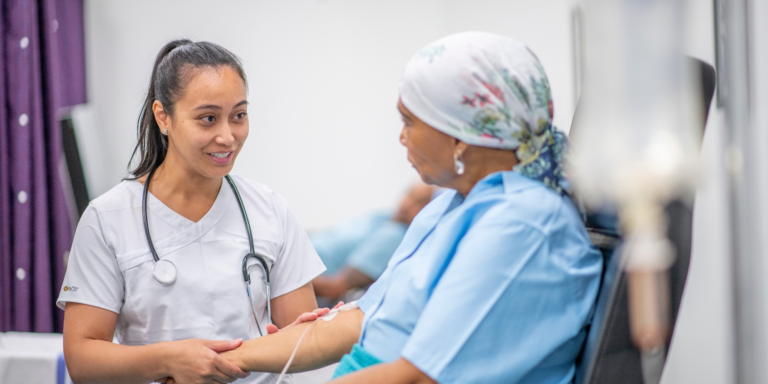
THE FACTS
- Work-related cancer claims at least 742,000 lives worldwide each year.
- Past occupational exposure to known and probable carcinogens is estimated to account for about 5% of cancer deaths.
- The construction industry has the largest estimate of occupational cancer cases, with about 3,500 cancer deaths and 13,500 cancer registrations each year from the industry.
- Every year, more than 350,000 people are diagnosed with cancer.
How many cancers could be prevented?
Experts estimate that 4 in 10 cancer cases could be prevented through lifestyle changes. Three quarters of people are not aware that obesity can be one of the causes of cancer. Even more do not know of the scientific link between alcohol and cancer. There are six proven ways to reduce your cancer risk.
Prevention
Doctors have identified several ways to reduce your risk of cancer, such as:
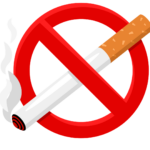
Stop smoking. If you smoke, quit. If you don’t smoke, don’t start. Smoking is linked to several types of cancer — not just lung cancer. Stopping now will reduce your risk of cancer in the future.
Avoid excessive sun exposure. Harmful ultraviolet (UV) rays from the sun can increase your risk of skin cancer. Limit your sun exposure by staying in the shade, wearing protective clothing or applying sunscreen.


Eat a healthy diet. Choose a diet rich in fruits and vegetables. Select whole grains and lean proteins. Limit your intake of processed meats.
Exercise most days of the week. Regular exercise is linked to a lower risk of cancer. Aim for at least 30 minutes of exercise most days of the week. If you haven’t been exercising regularly, start out slowly and work your way up to 30 minutes or longer.
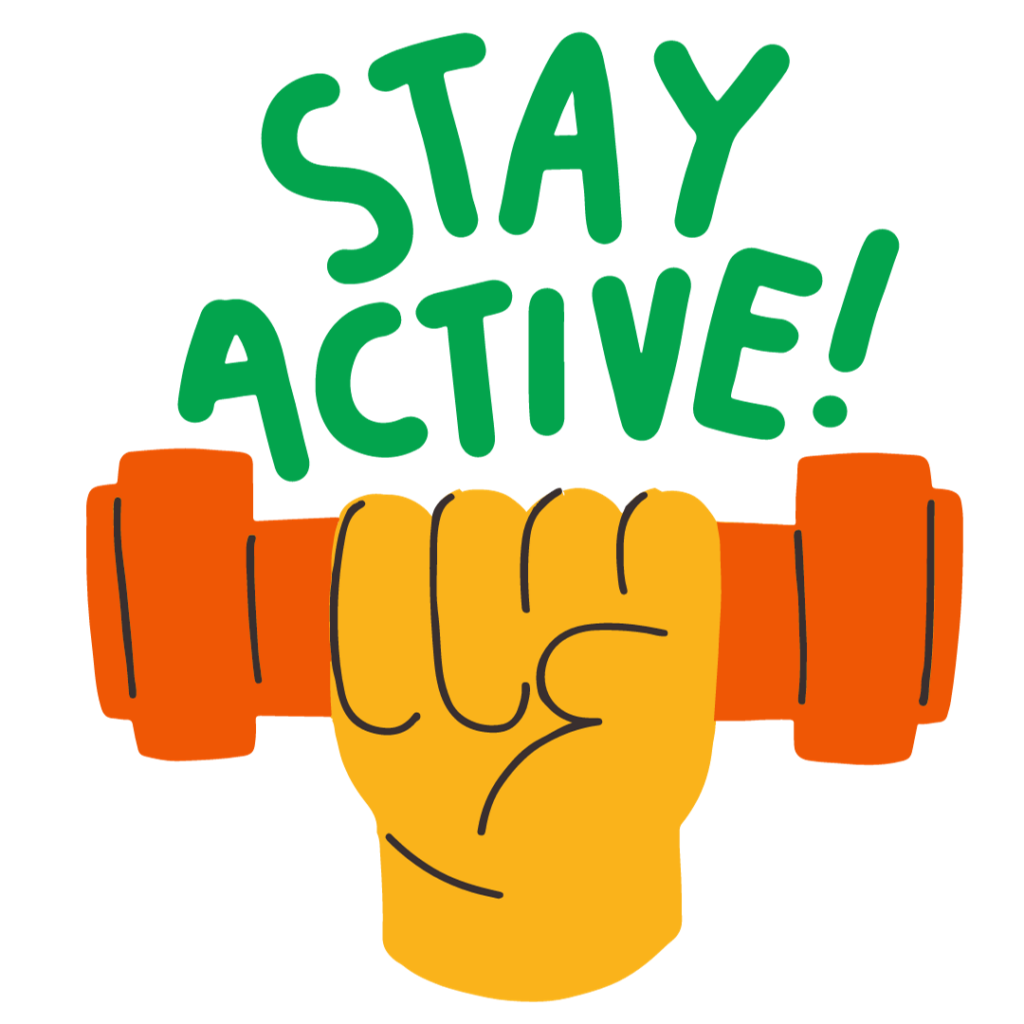
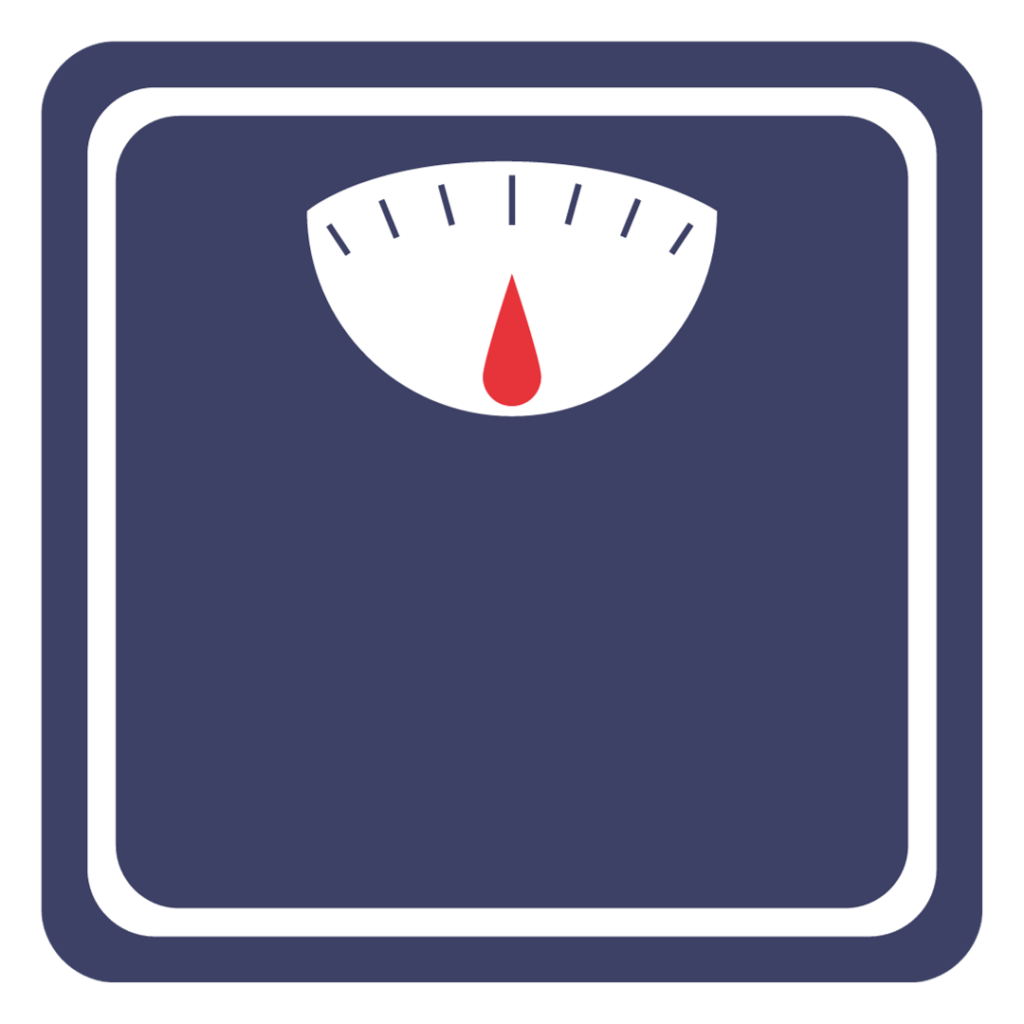
Maintain a healthy weight. Being overweight or obese may increase your risk of cancer. Work to achieve and maintain a healthy weight through a combination of a healthy diet and regular exercise.
Drink alcohol in moderation if you choose to drink. If you choose to drink alcohol, do so in moderation. For healthy adults, that means up to one drink a day for women and up to two drinks a day for men.
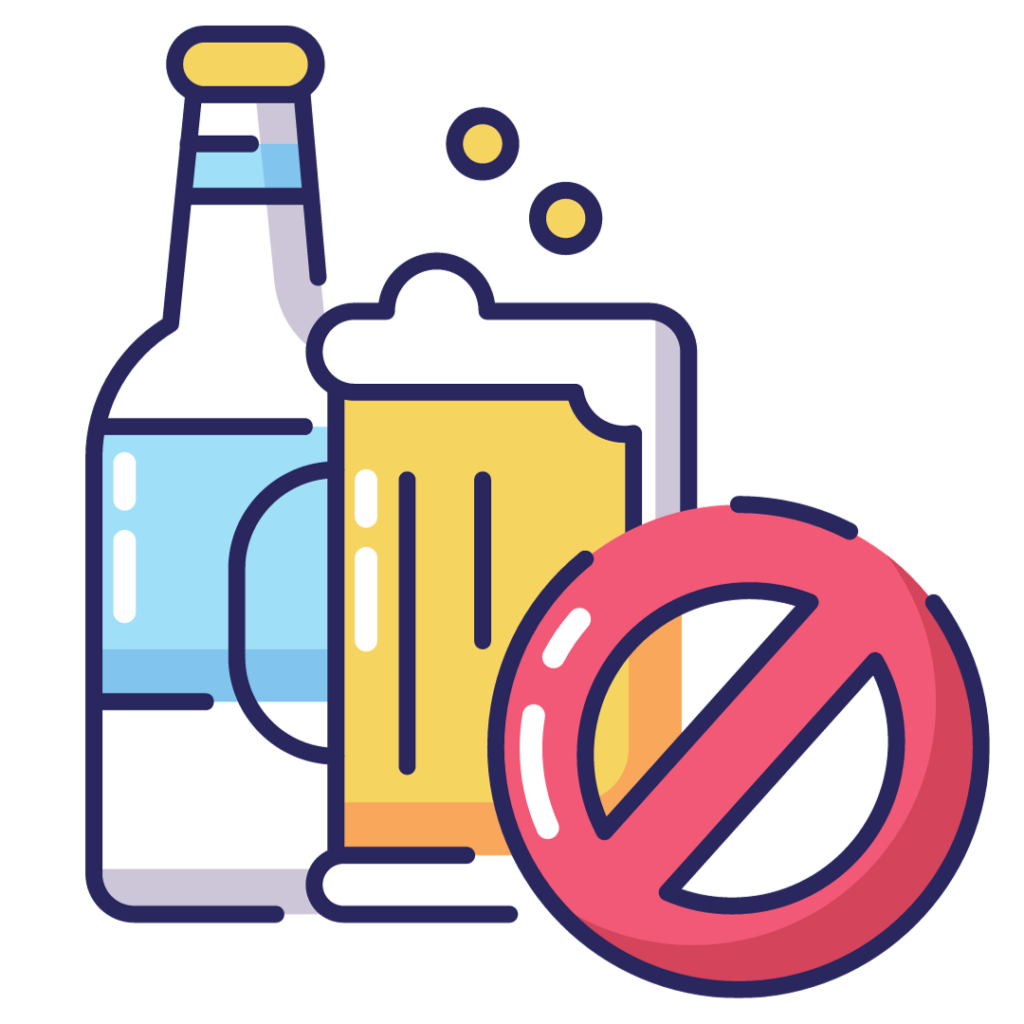
Remember if you have any concerns speak to your GP and make sure you carry out cancer screenings based on your risk factors.
For more information and support please do visit:
